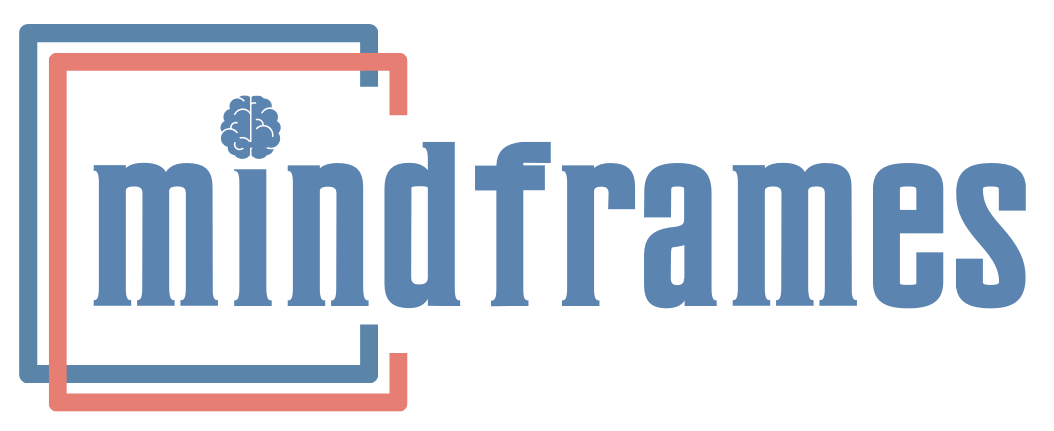Emotional Intelligence (EI) at Work
What is EI or Emotional Intelligence?
Emotional intelligence is a capacity to acknowledge, understand, and monitor one’s own and other people’s emotions; to discriminate between different emotions, label them rightly; and to use emotional information to guide thinking and behavior. When we do so, we also build the art of connecting with others better. Behavioral Scientist Daniel Goleman (also known as the father of emotional intelligence) insisted that the emotional brain (that supports emotional and social intelligence) is a part of brain circuitry that matures the slowest. This also affirms that it is the most plastic zone and amenable to change with repetitive experiences. From cradle to the grave, we can enhance our emotional prowess to connect with people and make meaningful impacts in their lives.
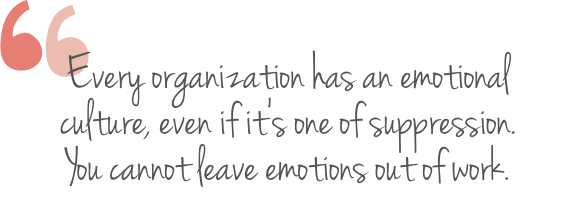
Aren’t Emotions Left at The Door When You Work?
According to Harvard Business Review, corporate culture is more than core intellectual workplace values. It incorporates the tone of how employees think and behave at work. If one had to engage only with machines, one might be able to leave their emotions at home when they left for work. But human interaction always involves emotional exchange. That is why emotional intelligence beats academic know how in the long run.
Organizations today have metrics for variables like customer-focus, team-orientation, workplace happiness, workplace stress, cohesiveness and collaborative effort. All of these involve human cognition and emotion. The emotional intelligence climate at work is critical as several affective values influence emotions people share at work, both openly or subtly (they often suppress these too). People can absolutely not leave their brain at home when they go to work; hence leaving emotions at the door is impossible.
Emotional Culture Impact
- Employee happiness and satisfaction
- Work pressure, stress and burnout
- Financial performance and profits
- Absenteeism and employee turnover
- Creativity, innovation, engagement
- Confidence, mature decision making
- Performance and customer service
Poor Emotional Culture
- Pitting employees against each other
- Intransigent rules and regulations
- Unhealthy competitive attitudes
- Toxic manipulative management
- Lack of autonomy and expression
- Autocratic attitudes and mindsets
- Passive aggressive communication
How to Establish Emotional Intelligence at Work?
It’s best at the outset itself. Just like inculcating good behavior in children. Emotional intelligence screens before hiring are becoming a norm. Companies have actually refrained from hiring brilliantly smart employees who would have destroyed their emotional culture by creating an atmosphere of authority, command, rejection, control, ignorance and reprimand. All these traits lower fellow employee morale, could reduce empathy and the desire to work, and also impair judgment, memory and tolerance to frustration.
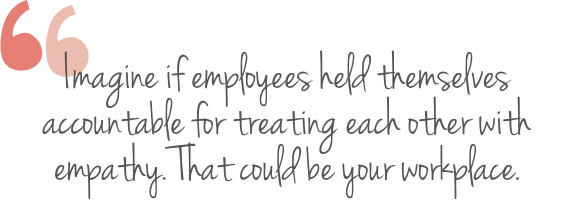
MindFrames EI Building Workshop Style
MindFrames workshops are not isolated events. Humans lose 80% of what they listen to in ordinary conversation as well as lectures and presentations. Memory laws insist that reinforcement is imperative to cement ideas and values into the consciousness as well as subconscious automated mind.
That is why we like to precede workshops with an online assessment tool that employees complete confidentially and get individualized reports. This builds an appetite for the subject and raises questions in curious minds. After this, the workshops and webinars disperse evidence-based information delivered in a friendly and interactive manner; and we sum it up with follow up suggestions and material to take home so they can savor and imbibe it with time.
EI is not the end game; it is the lead core skill to play any game right. At an employee level EI enables respectful communication, minimizes conflict and promotes solution orientation instead of problem focus. At the group level EI fine tunes interpersonal dynamics to enable empathy and relatedness with coworkers and teams. At the managerial level it optimizes team building and achievement motivation. And at the organizational level, EI encourages fitting hiring, performance evaluations and valid promotions.
Dr Shefali Batra has created tools for emotional wellness evaluation, relaxation as well as mindfulness, all of which are customized to preference in the her corporate wellness workshops.
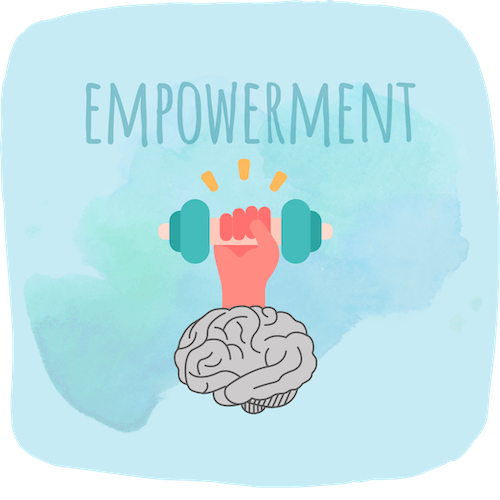
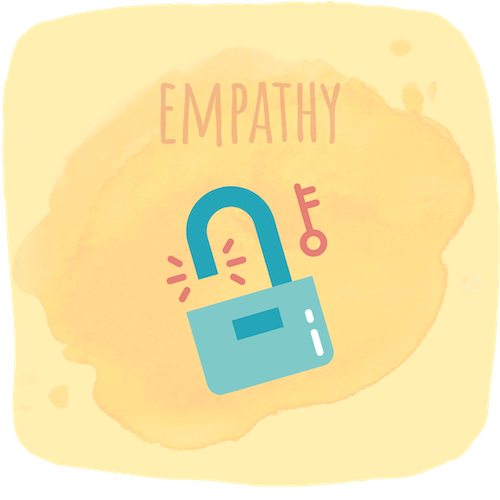

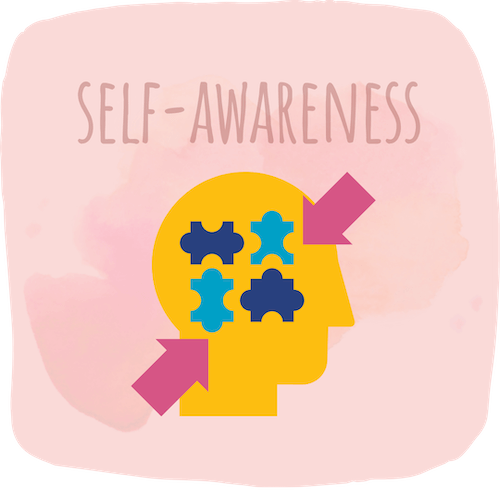
References
- Srivastava, K., (2013). Emotional intelligence and organizational effectiveness. Industrial psychiatry journal, 22(2), 97–99.
- Goleman, D., (1995). Emotional Intelligence: Why it can Matter More Than IQ. London: Bloomsbury.
- Bar-On, R., Handley. R., Fund, S., (2006). The impact of emotional intelligence on performance. In: Druskat VU, Sala F, Mount G, editors. Linking Emotional Intelligence and Performance at Work: Current Research Evidence with Individuals and Groups. Mahwah, NJ: Lawrence, Erlbaum.
Latest Posts

7 Reasons Why You Should Seek Therapy

5 Ways To Deal With A Toxic Coworker

Journey: Why Is It Something No-one Talks About?

Money vs. Happiness: Who Is Winning the Desperate Race?

